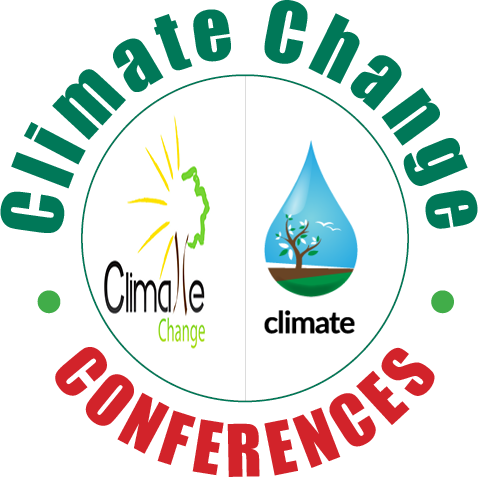William W Dougherty
Climate Change Research Group, USA
Title: energy-water-health nexus under climate change in the United Arab Emirates—impacts and implications
Biography
Biography: William W Dougherty
Abstract
Climate change poses serious energy, water and health challenges for the United Arab Emirates (UAE). While closely interconnected, the development of sustainable energy, water and health policies has typically been viewed as independent, sector-specific planning challenges. However, changing demographics, a rapidly growing economy, increasing reliance on desalination, and worsening air quality—all taking place as climate change unfolds— suggest a need for a more integrated approach to risk management. Accounting for the interactions between an “energy-water-health nexus” is one way to ensure that development strategies are considered within a framework that addresses the range of potential tradeoffs, risks, and synergies. To address the energy-water-health nexus under a changing climate, research activities were undertaken as part of the Local, National, and Regional, Climate Change Programme (LNRCCP) of the Abu Dhabi Global Environmental Data Initiative (AGEDI). Climate change modeling at the regional spatial scale (Arabian Peninsula; Arabian Gulf) was first carried out to establish the atmospheric and marine physical conditions that will underlie energy, water, and health challenges in the future. The results of this modeling were then used as inputs to an analysis of policies that aim to account for the linkages across the energy-water nexus in one hand and the energy-health nexus on the other. The results show that climate change will render an extreme hyper-arid climate even more so, while the waters of the Arabian Gulf will experience heightened salinity, changing circulation patterns, and higher temperatures under intensifying desalination activities. The analysis of the energy-water nexus shows that a range of water/energy efficiency and renewable energy measures can lead to significant reductions in energy use and annual greenhouse gas emissions, while coming at negative societal cost. The analysis of the energy-health nexus shows that the gradual introduction of energy efficiency and renewable energy measures can lead to substantial decreases in premature mortality and health care facility visits in urban areas.
Recent Publications
-
Schile L, Kauffman J, Crooks S, Fourqurean J, Campbell J, et al. (2018) Limits on carbon sequestration in arid blue carbon ecosystems. Ecological Applications 27(3): 859–874.
-
Dougherty W, Yates D, and Kucera P (2017) Public health co-benefits of the diffusion of innovative greenhouse gas mitigation technologies in Abu Dhabi, Innovative Energy & Research S1:002.
-
Haidera M, Alhakimi S, Noaman A, Al Kebsi A, Noaman A, et al. (2011) Adapting to climate change-water scarcity for Yemen's vulnerable communities. Local Environment 16(5):473–488.
-
Dougherty W, Kartha S, Rajan C, Lazarus M, Bailie A, et al. (2009) Greenhouse gas reduction benefits and costs of a large-scale transition to hydrogen in the USA. Energy Policy 37:56–67.

